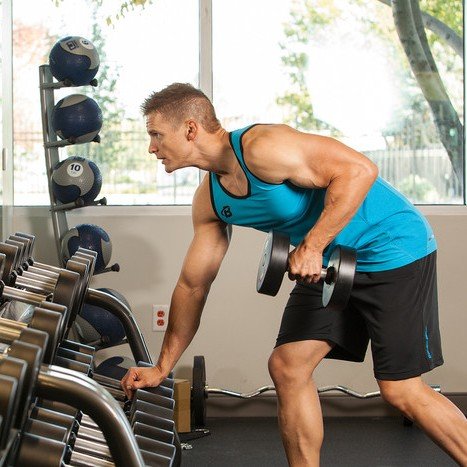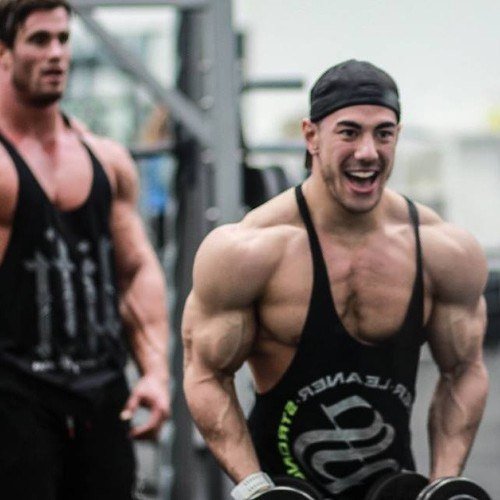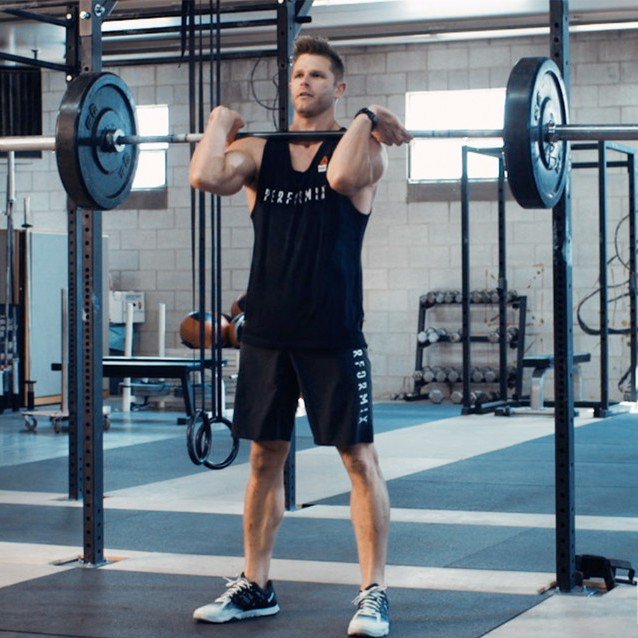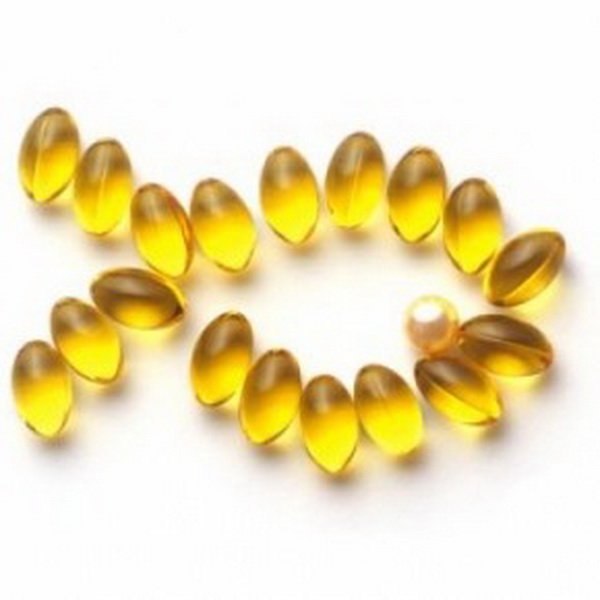Aging is not for sissies. It's bad enough that it gets harder to sleep, harder to remember where you put your keys, harder to jump out of bed with that same vim and vigor you had as a youngster. On top of all that, the loss of muscle mass and bone density that accompanies normal aging can make it harder to maintain a healthy weight. Believe it or not, adding protein to your diet is the easiest—and most delicious—way to slow many of these age-related issues.
By eating more eggs, chicken, pork, beef, seafood, and soy, and following a consistent resistance-training regimen, you can maintain your muscle mass, increase your metabolism, and improve your bone density. Start eating more protein today and you'll be rewarded with...well, with many more days to do many more fun things—including eating more protein!
Muscle Loss Makes Life Harder—And More Expensive
Making protein a priority while engaging in consistent resistance training has a positive impact on muscle growth and repair. But beyond helping you pack on pounds of muscle mass, eating more protein helps you maintain your muscle mass as you age.
The progressive, inevitable loss of muscle mass with age is called sarcopenia. Most people who are relatively inactive begin to experience sarcopenia at around age 35. From there, the rate of muscle loss increases right along with your birthdays unless you consistently do resistance training and eat enough protein.
Loss of muscle mass doesn't just make it harder for you to get around, do chores, and play with the grandchildren. It also increases your risk for type 2 diabetes, osteoporosis (weak bones), weight gain, and chronic illness, and it reduces your strength and mobility.
It can cost you more money too. As a country, the United States spent more than $18.5 billion in 2000 to address the health problems caused by sarcopenia. The individual cost is high too; people living with loss of muscle mass spend an additional $900 dollars per year on healthcare-related expenses, on average.
And when part of the "cure" for muscle loss amounts to eating more delicious things like roasted turkey, lean roast beef, tuna, and tofu, it's almost a good problem to have.
The More You Age, The More Protein You Need
Our muscles are dependent on protein to repair and grow. But as we age, our bodies become less and less able to take full advantage of the protein we consume. This became evident in a study published in the Journals of Gerontology, which found that 40 grams of whey protein stimulated muscle protein synthesis 32 percent more than consuming 20 grams of whey protein post-workout.
So, as you age, you need to eat more. Luckily, there are plenty of high-protein foods to choose from to meet your daily average protein-consumption goal, which, as you age, is elevated from 0.36 grams to 0.45-0.59 grams per pound of body weight per day.
High-Quality Protein Sources
- Eggs: yolks and whites
- Poultry: Chicken and turkey breast (without skin)
- Beef: sirloin, tenderloin, filet, flank
- Ground meats (90/10 or leaner): chicken, beef, turkey
- Pork: tenderloin, deli ham, Canadian bacon
- Lean deli meat: chicken and turkey breast, ham, roast beef
- Low-fat dairy: milk, Greek yogurt, cheese, whey, casein
- Fish: tilapia, tuna, salmon, cod
- Seafood: shrimp, scallops, crab, oysters, mussels, lobster
- Soy: tofu, edamame, soy protein powder
Source: http://www.bodybuilding.com/





